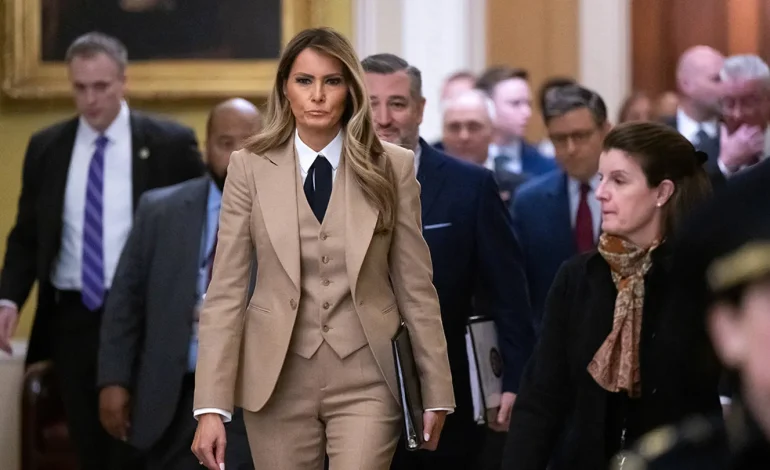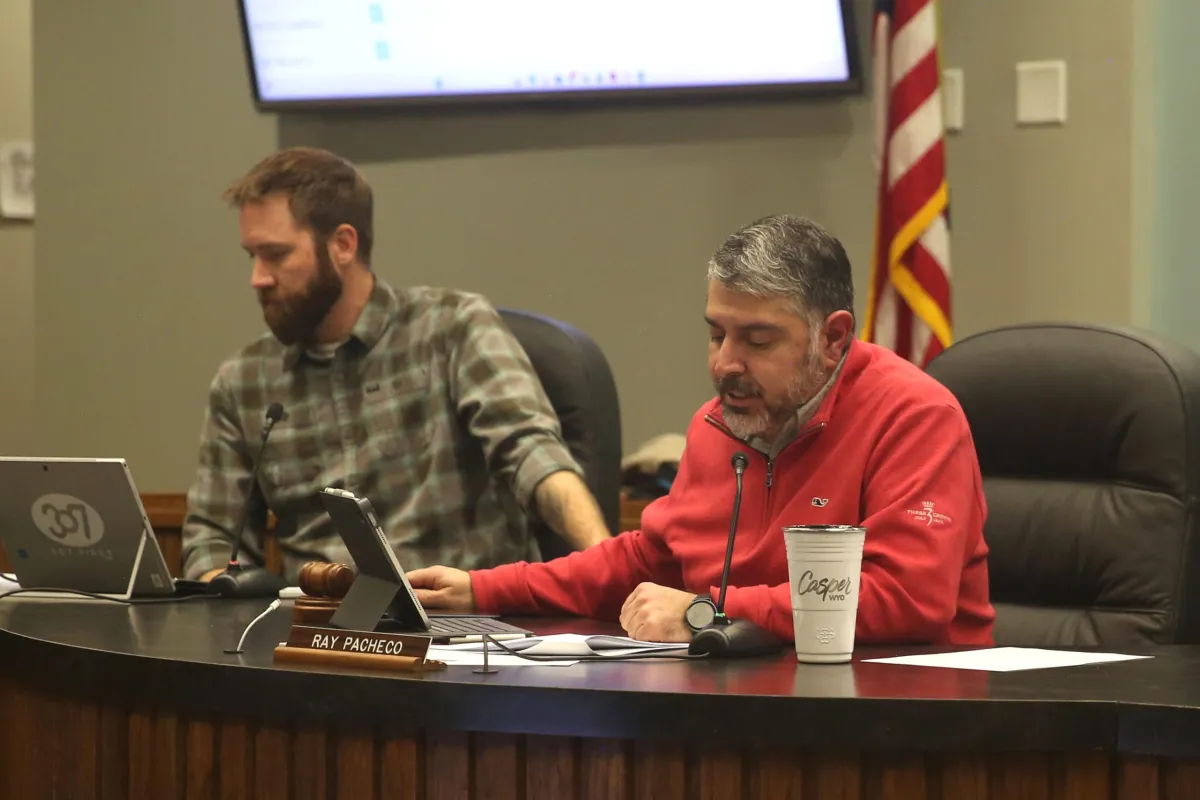House Passes Bipartisan Bill Targeting Nonconsensual Intimate Images, Sending Measure to President’s Desk

In a rare show of overwhelming bipartisan support, the US House of Representatives on Monday passed legislation aimed at curbing the spread of nonconsensual intimate images and videos online, including those generated by artificial intelligence.
The bill, titled the Tools to Address Known Exploitation by Immobilizing Technological Deepfakes on Websites and Networks — or the TAKE IT DOWN Act — passed by a 409-2 vote and now heads to President Donald Trump’s desk for final approval.
Backed by First Lady Melania Trump and introduced by Sen. Ted Cruz (R-Texas) earlier this year, the legislation seeks to make it a federal crime to post explicit imagery — whether real or computer-generated — without the subject’s consent. The bill has garnered praise from both Republican and Democratic lawmakers and is expected to become the first major internet-related law of President Trump’s second term.
The measure prohibits the online distribution of intimate depictions intended to cause harm, abuse, or harassment. It applies to both adults and minors and includes specific provisions addressing the rising issue of “deepfake” pornography, in which AI tools are used to fabricate explicit content involving real individuals. Offenders may face criminal penalties, including prison time and fines, as well as mandatory restitution to victims.
In addition to criminalizing the act, the legislation imposes new obligations on online platforms. Companies must implement mechanisms that allow victims to report nonconsensual content and require removal within 48 hours of notification. This provision was crafted to prevent the repeated trauma often experienced by victims attempting to scrub such content from the internet.
Melania Trump, who re-emphasized her anti-cyberbullying campaign Be Best upon returning to her role as First Lady, publicly championed the bill.
“By safeguarding children from hurtful online behavior today, we take a vital step in nurturing our leaders of tomorrow,” she wrote on social media.
Sen. Cruz highlighted the contributions of several individuals whose personal experiences influenced the bill’s development, including South Carolina Rep. Brandon Guffey, whose teenage son died by suicide following a sextortion incident.
“This victory belongs first and foremost to the heroic survivors who shared their stories,” Cruz said.
The bill also drew support from across the political spectrum. Sen. Amy Klobuchar (D-Minnesota) and Rep. Madeleine Dean (D-Pennsylvania) co-sponsored versions of the legislation, and advocates such as Fordham law professor Zephyr Teachout and Columbia professor Tim Wu expressed confidence that the bill is likely to withstand constitutional scrutiny.
Despite the broad support, the bill has faced some criticism from digital rights and free expression groups. Critics, including Fight for the Future and the Center for Democracy and Technology, argue that the legislation may be vulnerable to misuse, such as censorship of legitimate content or politicized enforcement. They also raised concerns about the bill’s reliance on the Federal Trade Commission, particularly under a politically appointed leadership.
Supporters maintain that these risks are mitigated by the bill’s focus on public content and not on private messaging platforms. Moreover, tech giants including Meta, Google, and Snap signaled their support, helping smooth the bill’s path through Congress.
If signed into law, the TAKE IT DOWN Act will mark a significant federal step in addressing the harms of online sexual exploitation and the misuse of AI-generated content — a growing challenge in the digital age.
With input from FOX News and the Washington Post.









The latest news in your social feeds
Subscribe to our social media platforms to stay tuned